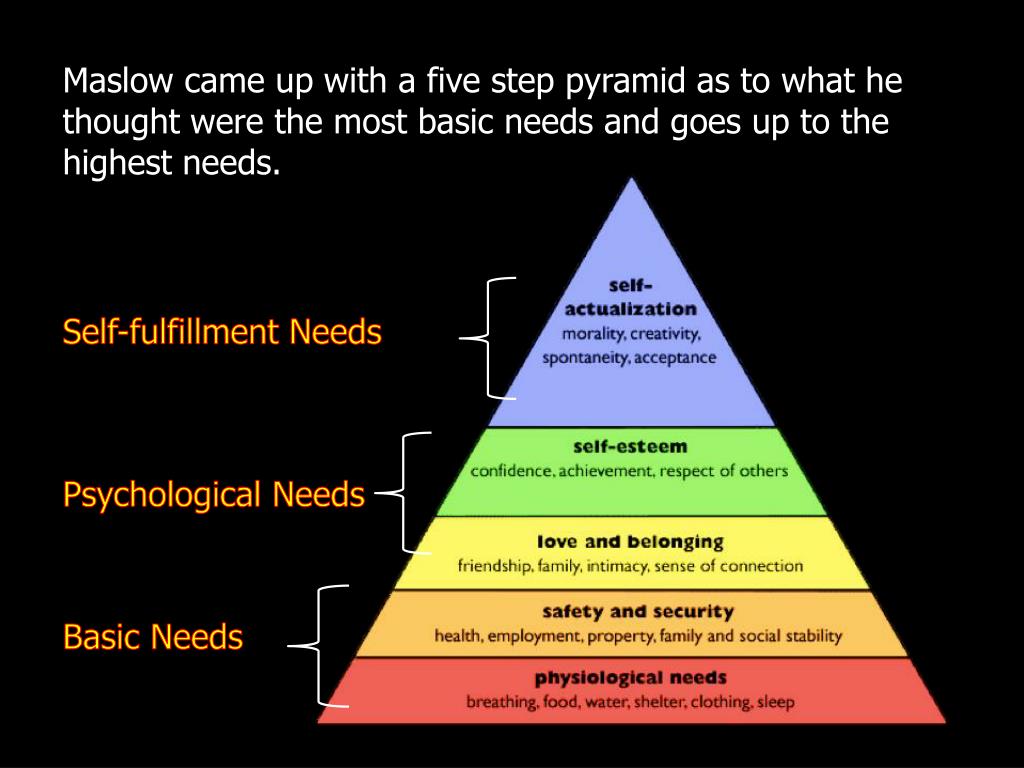Humanistic psychology is a movement in supporting the belief that humans are unique beings and should be recognized and treated as such by psychologists and psychiatrists. The movement grew in opposition to the two mainstream 20th-century trends in psychology that is behaviourism and psychoanalysis. Humanistic principles attained application during the “human potential” movement, which became popular in the United States during the 1960s.
Proponents of humanistic psychology believe that behaviourists are overconcerned with the scientific study and analysis of the actions of people as organisms and that too much effort is spent in laboratory research—a practice that quantifies and reduces human behaviour to its elements. What is humanistic psychology?

Humanists also take issue with the deterministic orientation of psychoanalysis, which postulates that one’s early experiences and drives determine one’s behaviour. The humanist is concerned with the fullest growth of the individual in the areas of love, fulfillment, self-worth, and autonomy. Abraham Maslow proposed a hierarchy of needs or drives in order of decreasing priority or potency but increasing sophistication: physiological needs, safety, belongingness and love, esteem, and self-actualization. Only when the more primitive needs are met can the individual progress to higher levels in the hierarchy. People reaching self-actualization will have fully realized their potential.
The concept of the self is a central focal point for most humanistic psychologists. In the personal construct theory developed by psychologist George Kelly and the self-centred theory developed by psychotherapist Carl Rogers, individuals are said to perceive the world according to their own experiences. This perception affects their personality and leads them to direct their behaviour to satisfy the needs of the total self. Rogers stressed that, in the development of an individual’s personality, the person strives for self-actualization that is to become oneself, self-maintenance that is to keep on being oneself, and self-enhancement meaning to transcend the status quo. APA
